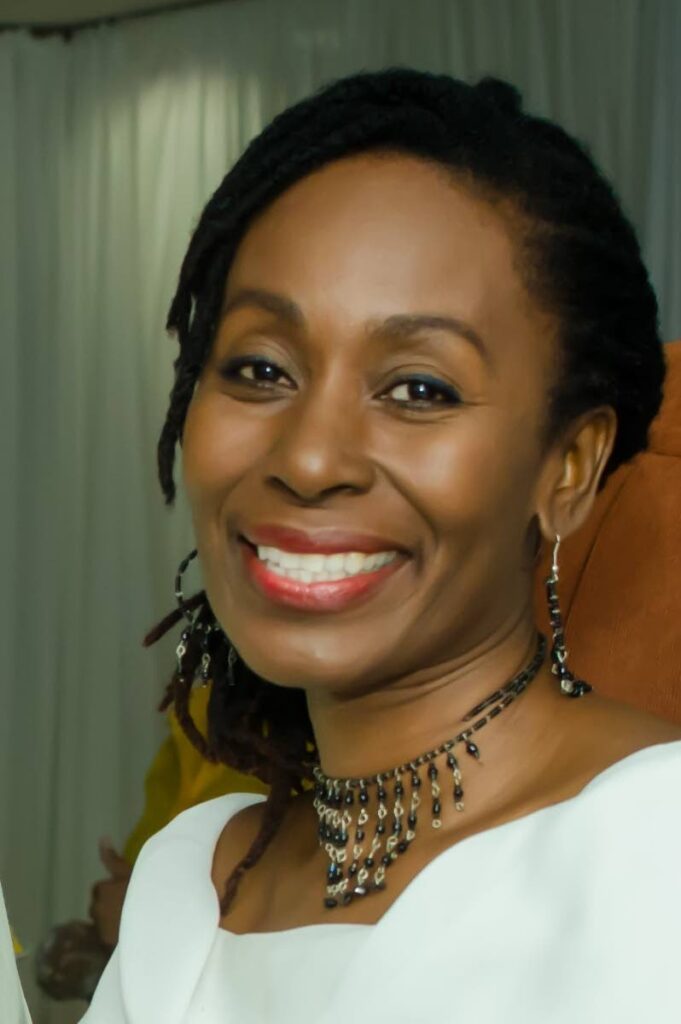Give female creative entrepreneurs their respect

“I honestly think that we don’t respect the work of creatives here in this country. If you quote a price for artwork or to design something mas-wise, for some reason they think that you’re over-charging them. But when you look at materials and the time that goes into the creation, you’re actually being underpaid.”
– Cherisse Berkeley, Berkeley Carnival Revolution
THIS YEAR, the UN has asked us to focus on investing in women for International Women’s Day. The theme, Investing in Women: Accelerating Progress, addresses the economic empowerment of women, within the context of greater gender equality.
But for women in the creative and cultural sectors, equality is a complex and frustrating concept. In many ways, female creative entrepreneurs are battling in a neocolonial space where chauvinism and lack of understanding of their needs prevail. Given this reality, can progress ever be accelerated?
Undeniably, female leaders in the arts are everywhere. From heads of national cultural organisations to artistic associations and cultural groups, women are represented.
Female participation in the creative and cultural fields also appears healthy. Young women are in the front lines of our steel orchestras, in music festival, on soca and chutney stages, in fashion, media, mas camps and, of course, on the Carnival stage.
Unfortunately, beyond the performance there is considerable anecdotal evidence that points to our creative sector being a rather gender-unequal space, specifically as it relates to the business of the arts.
The scenario described by Cherisse Berkeley is a familiar one. The corporate sector uses a particular kind of language when asking artists to support their events. Either they do not have a clear idea of what they want – “just something short, entertaining” – or when asked what their budget is, the response is, “We don’t really have one.” So, invariably, when the quotation is sent, it is too much for the budget that they allegedly did not have in the first place.
Creative work is still largely undervalued. The allocation for the creative sector in the national budget is usually disappointing and I am unaware of any consideration for female-led creative enterprises.
The arts are still viewed as a questionable career choice and creatives often do not have enough leverage when negotiating with sponsors. Worse, intellectual property rights for the sector remain a neglected area of protection for traditional and other practitioners.
Then there is theft of creative ideas. Organisations ask for a proposal, do not hire you, but then ask someone else (usually male as Cherisse recalls) to produce a piece of work very similar to what you proposed.
There is also considerable misogyny or sexism towards female leadership in the creative sector.
This Carnival I felt as if I had been shoved back to the 1950s after being told by a male venue owner that he preferred to wait until our male colleague was available to discuss the specifics around renting his space. It is not just that the venue owner is an older man. Over the years, doors that were firmly shut remarkably opened up simply because one of our male colleagues was on the other end of the phone or in the meeting room.
Regardless of what we have achieved, female creative entrepreneurs are often excluded from male-dominated "networks of influence."
Additionally, in our patriarchal society, women are still expected to perform traditional roles such as caregiver or cook. This is not practical if rehearsals finish at 11 pm or the mas camp does not close before 1 am.
The UN notes that “…the music industry often expects artists to prioritise their careers and be constantly available for tours, performances, and promotional activities.” Dysfunctional or violent home situations also affect women in the creative sector more than you realise.
Gender equality is more than a fundamental human right. Equality is “essential to achieve peaceful societies, with full human potential and sustainable development.”
In order to address the potential for regular income for female creative entrepreneurs, emphasis must be placed on meaningful data collection and mapping of their challenges and needs. We cannot improve what we do not measure or understand.
So, while it is useful to have a day centred on women, systemic change will only happen if policy-makers set standards and create an industry that is more welcoming for female creative entrepreneurs.
Until then, we will continue to push for recognition and equality. After all, as Denyse Plummer proclaimed, “Without remorse, woman is boss.”
Dara E Healy is a performance artist and founder of the Indigenous Creative Arts Network – ICAN


Comments
"Give female creative entrepreneurs their respect"